This week's key events presented by Euronews' EU senior finance and defence reporter Jack Schickler.
Key diary dates
- Monday 9 December: EU finance ministers meet to discuss Ukraine, competitiveness in Brussels, joined by the UK's Chancellor of the exchequer Rachel Reeves.
- Monday 9 December: Agriculture and fisheries ministers set to make decisions on fish quotas in the Atlantic and Mediterranean.
- Wednesday 11 December: Commission to announce orientation strategy for EU-US relations.
In spotlight
For the first time in nearly five years, the EU's regular meeting of finance ministers today will include a representative from the UK.
The visit of Rachel Reeves, who is (confusingly, to European ears) known as the Chancellor, could herald a broader thaw, after her left-wing Labour party won July elections by a landslide.
Reeves has been invited to Monday's eurogroup, the gathering of countries that share the currency, to discuss the economic situation and investment gap — and, perhaps, to commiserate about a shared economic outlook that's gloomy, and only set to get worse.
It's the first time the Chancellor has attended an EU finance ministers' meeting since Sajid Javid did so in January 2020: When Brexit formally happened just a few days later the UK was expelled from the EU's decision-making bodies.
There's been occasional invites since then — a March 2022 EU ministerial on Ukraine was attended by Liz Truss, then foreign minister — but Reeves is now arriving with a mandate to reset relations.
Most of the headline elements of that promised reset — a security pact, veterinary agreement, and a deal for touring musicians — won't be for finance ministers to negotiate, but for separate EU formations dealing with agriculture, industry or foreign policy.
But Reeves' counterparts may well be interested in her recently unveiled plans to — as she put it in a 14 November speech — "remove barriers to growth and investment" in the financial sector.
In principle, access to Europe's biggest financial centre, London, could help the EU fund priorities such as the green transition. But the UK undercutting standards in a way that steals EU business or undermines financial stability would raise hackles in Brussels.
There'll be talks about financial aid to Ukraine. A $50 billion (€47bn) loan for Kyiv has been politically backed by the G7, including the UK, though in practice the frozen Russian assets that guarantee it are largely located in Belgium. Donald Trump could pull the plug on US support, leaving Europe alone to support its easterly neighbour.
And there's also likely to be a discussion on the macroeconomic picture, as trade conditions with both the US and China are set to tighten.
In a speech given last week (9 December), British Prime Minister Keir Starmer denied that the UK had to choose between its alliances with Europe and the US. But the EU may well start to worry London will seek side deals with Trump to avoid the worst effects of his proposed 10% tariffs.
Meanwhile, as Brussels talk of strategic autonomy and industrial subsidy, the UK may fear that its biggest trading partner will turn in on itself.
Policy newsmakers
Alleged lotto launderer
Former European Justice Commissioner Didier Reynders is being investigated for alleged money laundering involving purchasing multiple lottery tickets – a sector that a new Brussels law passed earlier this year explicitly deems low risk, as Euronews reported. Of reports that the Belgian authorities waited for Reynders immunity as an EU Commissioner to lapse before investigating, MEP Daniel Freund (Germany/Greens) told Euronews "they should have requested the lifting of the immunity much earlier rather than letting this run."

 3 months ago
32
3 months ago
32
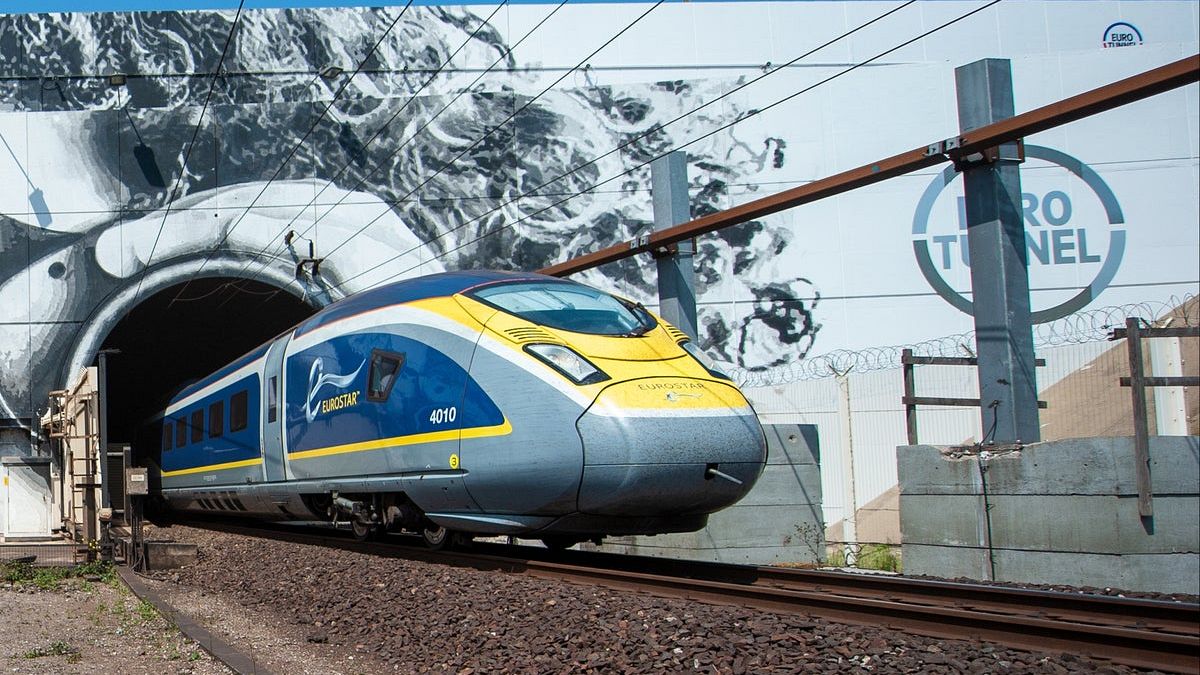
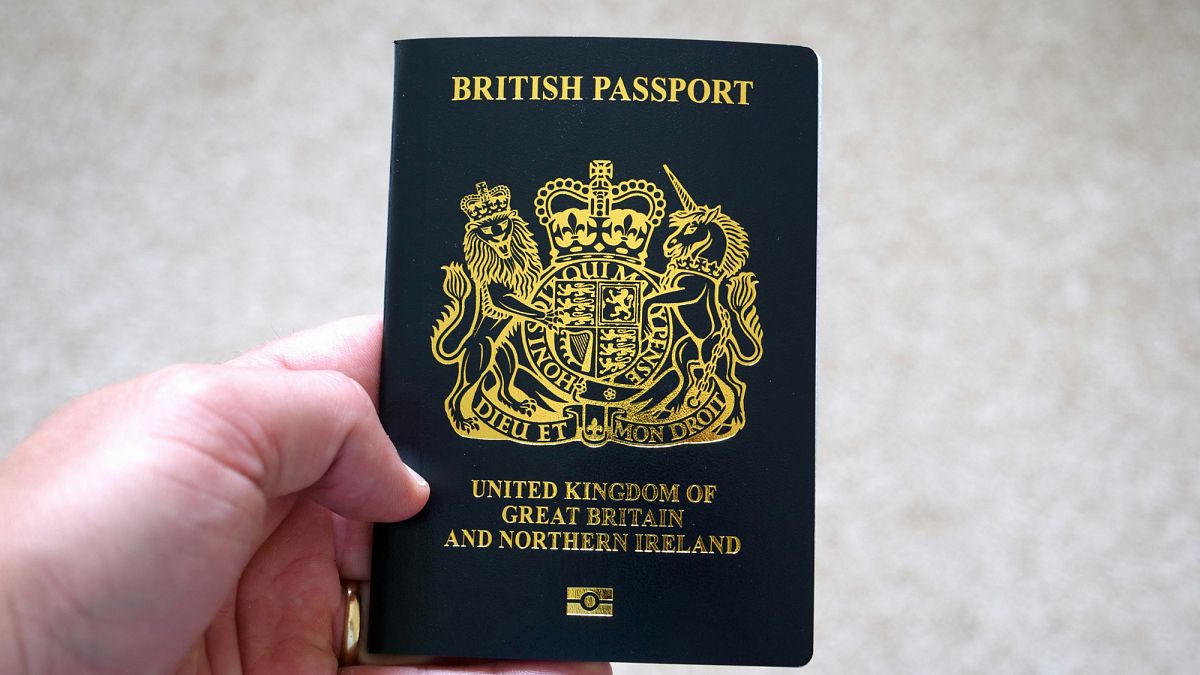

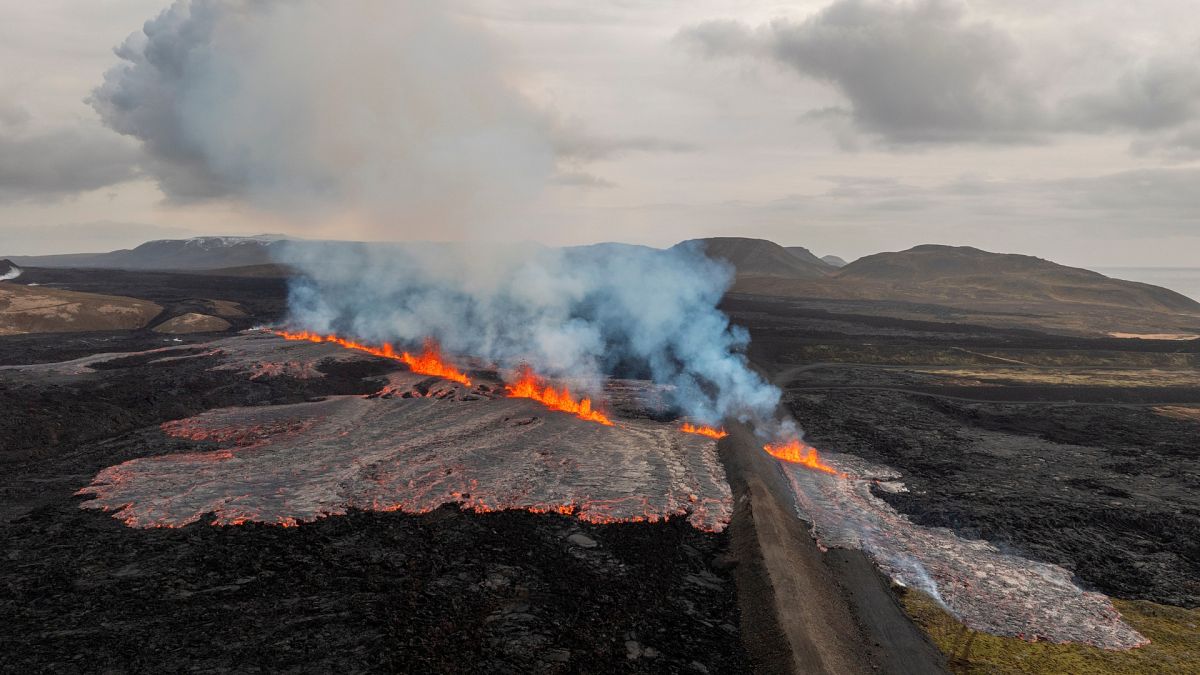
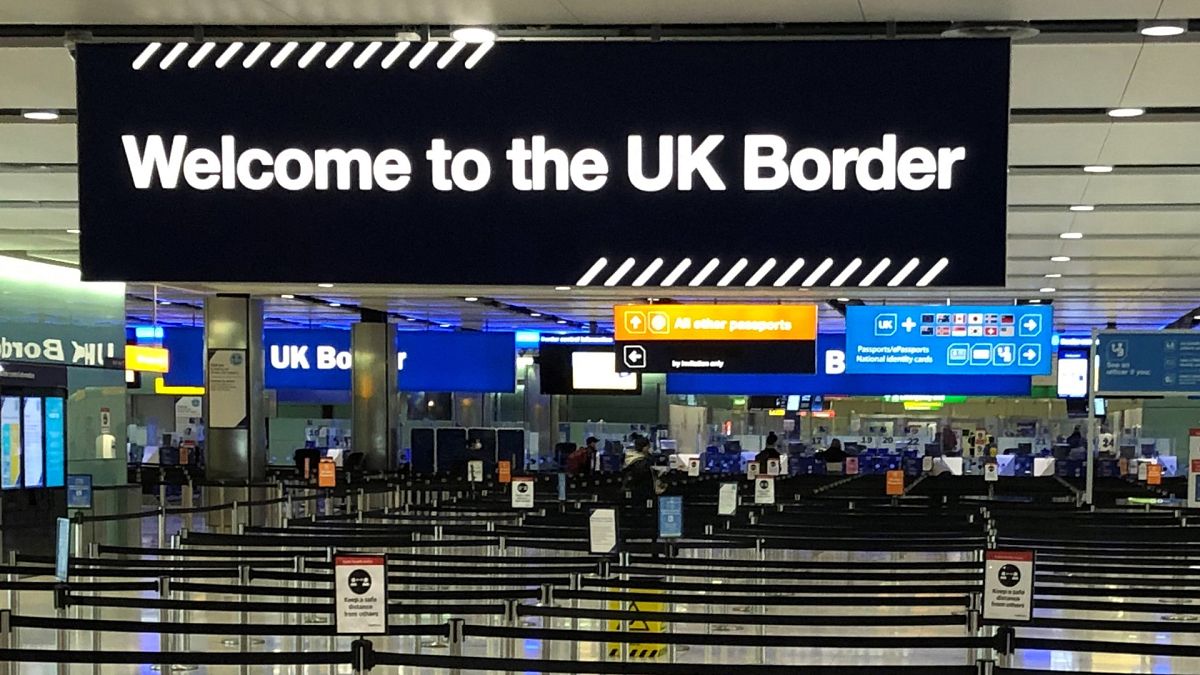
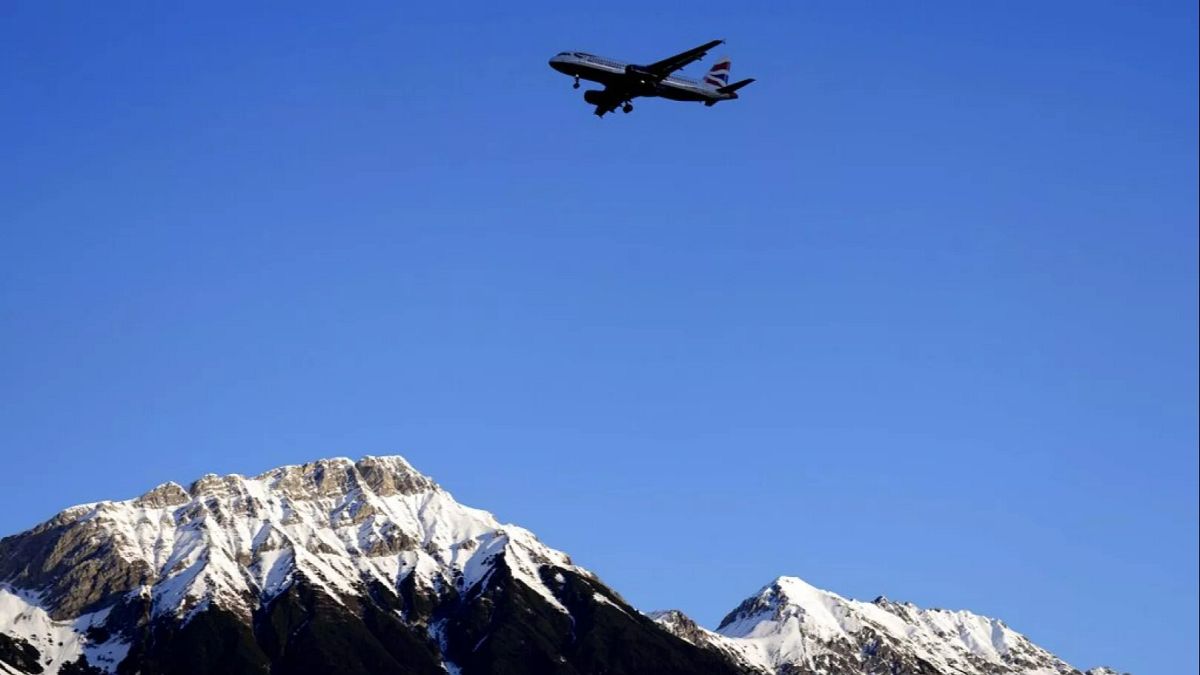
 We deliver critical software at unparalleled value and speed to help your business thrive
We deliver critical software at unparalleled value and speed to help your business thrive






 English (US) ·
English (US) ·